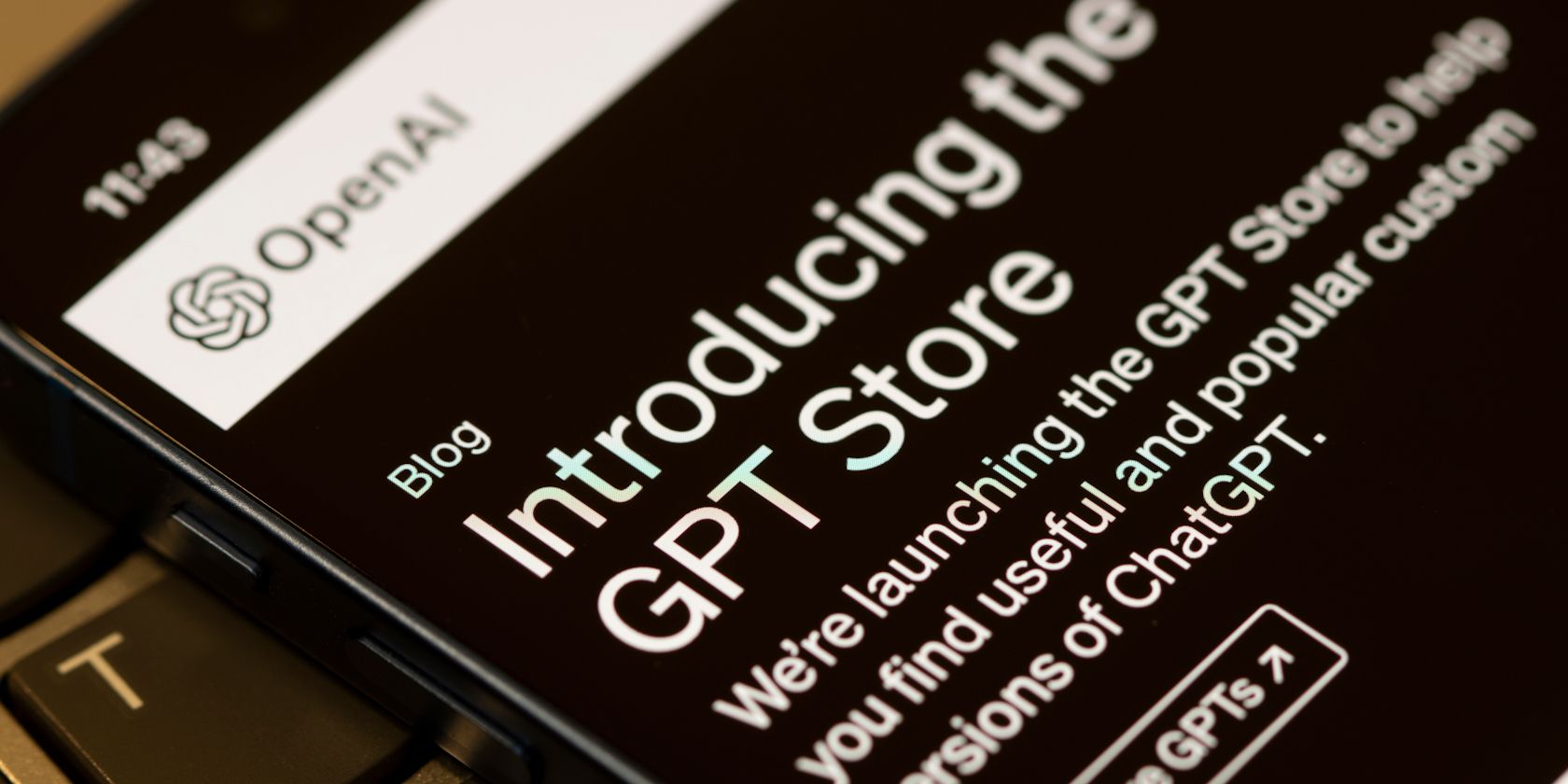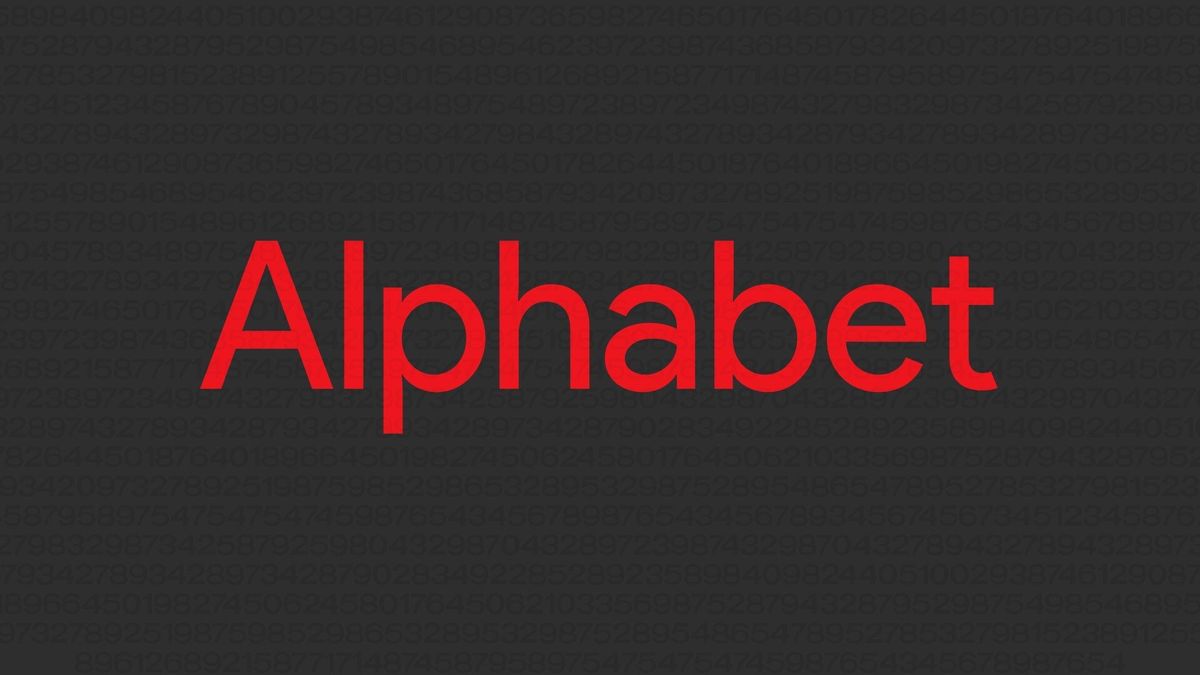CHICAGO — Main as much as the 2020 election, Fb adverts concentrating on Latino and Asian American voters described Joe Biden as a communist. An area station claimed a Black Lives Matter co-founder practiced witchcraft. Doctored pictures confirmed canines urinating on Donald Trump marketing campaign posters.
None of those claims was true, however they scorched by social media websites that advocates say have fueled election misinformation in communities of shade.
Because the 2024 election approaches, neighborhood organizations are making ready for what they count on to be a worsening onslaught of disinformation concentrating on communities of shade and immigrant communities. They are saying the tailor-made campaigns problem assumptions of what sorts of voters are vulnerable to election conspiracies and mistrust in voting programs.
“They’re getting extra complicated, extra refined and spreading like wildfire,” stated Sarah Shah, director of coverage and neighborhood engagement on the advocacy group Indian American Affect, which runs the fact-checking website Desifacts.org. “ What we noticed in 2020, sadly, will most likely be pretty gentle compared to what we’ll see within the months main as much as 2024.”
A rising subset of communities of shade, particularly immigrants for whom English just isn’t their first language, are questioning the integrity of U.S. voting processes and subscribing to Trump’s lies of a stolen 2020 election, stated Jenny Liu, mis/disinformation coverage supervisor on the nonprofit Asian Individuals Advancing Justice. Nonetheless, she stated these communities are largely unnoticed of conversations about misinformation.
“Once you consider the standard client of a conspiracy concept, you consider somebody who’s older, possibly from a rural space, possibly a white man,” she stated. “You don’t consider Chinese language Individuals scrolling by WeChat. That’s why this narrative glosses over and erases numerous the disinformation harms that many communities of colours face.”
Tailoring disinformation
Along with common misinformation themes about voting machines and mail-in voting, teams are catering their messaging to communities of shade, consultants say.
For instance, immigrants from authoritarian regimes in international locations like Venezuela or who’ve lived by the Chinese language Cultural Revolution could also be “extra weak to misinformation claiming politicians are wanting to show the U.S. right into a Socialist state,” stated Inga Trauthig, head of analysis for the Propaganda Analysis Lab on the Middle for Media Engagement on the College of Texas at Austin. Folks from international locations that haven’t not too long ago had free and honest elections could have a preexisting mistrust of elections and authority that will make them weak to misinformation as nicely, Trauthig stated.
Disinformation efforts usually hinge on subjects most necessary to every neighborhood, whether or not that’s public security, immigration, abortion, schooling, inflation or alleged extramarital affairs, stated Laura Zommer, co-founder of the Spanish-language fact-checking group Factchequeado.
“It takes benefit of their very actual concern and trauma from their experiences of their house international locations,” Zommer stated.
Different vulnerabilities embody language limitations and a lack of awareness of the U.S. media panorama and how one can discover credible U.S. information sources, a number of misinformation consultants informed The Related Press. Many immigrants depend on translated content material for voting data, leaving house for unhealthy actors to inject misinformation.
“These techniques exploit data vacuums when there’s numerous uncertainty round how these processes work, particularly as a result of numerous election supplies might not be translated within the languages our communities converse or be obtainable in varieties they’re more likely to entry,” stated Clara Jiménez Cruz, one other co-founder of Factchequeado.
Misinformation may also come up from mistranslations. The Brookings Institute, a nonprofit assume tank, discovered examples of mistranslations in Colombian, Cuban and Venezuelan WhatsApp teams, the place “progressive” was translated to “progresista,” which carries “far-left connotations which can be nearer to the Spanish phrases ‘socialista’ and ‘comunista.’”
How disinformation spreads
Disinformation, usually in languages like Spanish, Mandarin or Hindi, flows onto social media apps like WhatsApp and WeChat closely utilized by communities of shade.
Minority communities that consider their views and views aren’t represented by the mainstream are more likely to “retreat into extra non-public areas” discovered on messaging apps or teams on social media websites like Fb, Trauthig stated.
“However disinformation additionally targets them on these platforms, although it could really feel to them to be that safer house,” she stated.
Messages on WhatsApp are additionally encrypted and might’t be simply seen or traced by moderators or fact-checkers.
“Because of this, messages on apps like WhatsApp usually fly underneath the radar and are allowed to unfold and unfold, largely unchecked,” stated Randy Abreu, coverage counsel for the Nationwide Hispanic Media Coalition, which leads the Spanish Language Disinformation Coalition.
Abreu additionally raised issues about Spanish YouTube channels and radio exhibits which can be rising in reputation. He stated the coalition is monitoring increasingly more YouTube and radio personalities who’re spreading misinformation in Spanish.
A 2022 report by the left-leaning watchdog group Media Issues tracked 40 Spanish-language YouTube movies spreading misinformation about U.S. elections. Many of those movies remained on the platform, regardless of violating YouTube election misinformation coverage, the report stated.
Disinformation and disenfranchising communities of shade
Amid modifications in voting insurance policies at state and native ranges, advocates are sounding the alarm on how disinformation about voting in 2024 could goal communities of shade. Many of those efforts have surged as Asian American, Black and Latino communities have grown in political energy, stated María Teresa Kumar, founding president of the nonprofit advocacy group Voto Latino.
“Disinformation is, at its core, meant to be a type of voter suppression tactic for communities of shade,” she stated. “It targets communities of shade in a manner that feeds into their already justifiable issues that the system is stacked in opposition to them.”
The techniques additionally feed right into a historical past “as outdated because the Jim Crow period of trying to disenfranchise individuals of shade, going again to voter intimidation and suppression efforts after the Civil Rights Act of 1866,” stated Atiba Ellis, a professor of regulation at Case Western Reserve College Faculty of Regulation.
Whereas lots of the identical recycled claims round alleged fraud within the 2020 and 2022 elections are anticipated to resurface, consultants say disinformation campaigns will possible be extra refined and granular in makes an attempt to focus on particular teams of voters of shade.
Trauthig additionally raised issues about how layoffs and instability at social media platforms like Twitter could depart them much less ready to deal with misinformation in 2024. It additionally stays to be seen how new social media platforms like Threads will strategy the specter of misinformation. Modifications in insurance policies like WhatsApp launching a “Communities” perform connecting a number of teams and increasing group chat sizes can also “have massive implications for the way rapidly misinformation will unfold on the platform,” she stated.
In response to the mounting risk of misinformation, Indian American Affect is ramping up its fact-checking efforts by what the group says is the primary fact-checking web site particularly for South Asian Individuals. Shah stated the group is drawing inspiration from 2022 tasks, together with a voting toolkit utilizing memes with Bollywood characters and passing out Parle-G crackers with voting data stickers at Indian grocery shops.
Cruz of Factchequeado is paying shut consideration to misinformation in swing states with important Latino populations like Nevada and Arizona. And Liu of Asian Individuals Advancing Justice is reviewing misinformation developments from earlier elections to strategize about how one can inoculate Asian American voters in opposition to them.
Nonetheless, they are saying there’s extra work to be executed.
Critics are urging social media corporations to spend money on content material moderation and fact-checking in languages apart from English. Authorities and election officers must also make voting data extra accessible to non-English audio system, set up media literacy trainings in neighborhood areas and establish “trusted messengers” in communities of shade to assist strategy developments in misinformation narratives, consultants stated.
“These aren’t monolithic teams,” Cruz stated. “This disinformation could be very particularly tailor-made to every of those communities and their fears. So we additionally have to be partnering with grassroots organizations in every of those communities to tailor our approaches. If we don’t take the time to do that work, our democracy is at stake.”
___
The Related Press receives help from a number of non-public foundations to boost its explanatory protection of elections and democracy. See extra about AP’s democracy initiative right here. The AP is solely accountable for all content material.



.jpg)


















